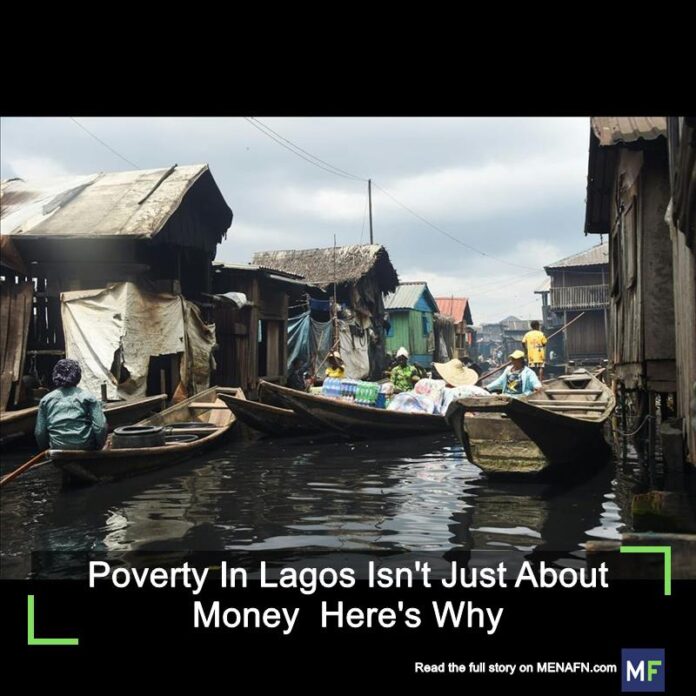(MENAFN – The Conversation) Lagos is Nigeria’s economic hub, yet it is home to some of the country’s worst slums.
Lagos slums experience severe poverty, characterized by a lack of essential resources such as food, shelter, healthcare, and education.
Poverty is complex and shouldn’t just be measured by income. Traditional methods often miss factors like education and healthcare access. To understand poverty fully, we need a broader approach that considers various deprivations.
In our study of Lagos slums, we used a fuzzy set approach to measure multidimensional poverty. This method recognizes that poverty exists on a spectrum rather than labeling people as simply “poor” or “not poor.”
We found significant differences in poverty levels among slums. Our findings can guide policymakers to create targeted programs for improving living conditions.
Study Overview
Our research focused on five coastal slums�Makoko, Iwaya, Ilaje, Ijora Badia, and Amukoko�identified by the World Bank for development projects.
We selected 400 respondents for our study, which is suitable for the population size but limits extrapolating the results to other slums.
Findings
Makoko and Iwaya had the highest poverty scores, indicating severe deprivation, while Amukoko ranked better. Education emerged as the most significant issue, particularly in Makoko and Iwaya, where access to schooling is limited.
Poor living conditions and health issues also contributed to high poverty levels, especially in Makoko and Iwaya, where sanitation and healthcare access are inadequate.
Recommendations
Policymakers should focus on improving education and sanitation in these areas. Interventions must be tailored, as not all slums face the same challenges. Resources should target slums like Makoko and Iwaya, which require urgent assistance to improve living conditions significantly.
Using data-driven insights from our study can help develop specific policies that address the unique needs of each community.
![]()
`

